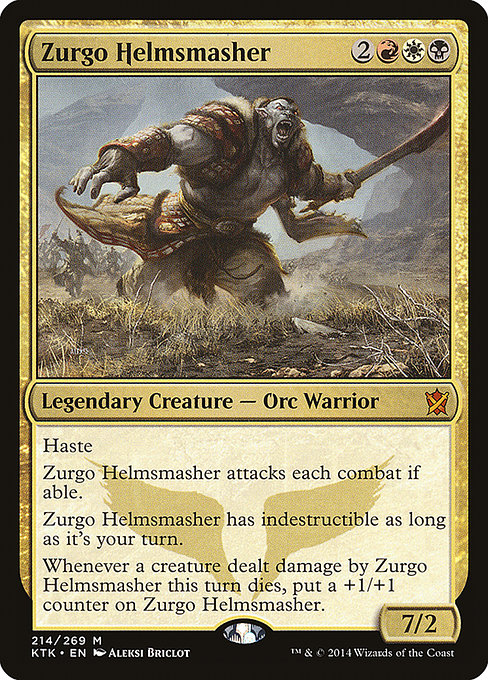Deck & Commander Strategies
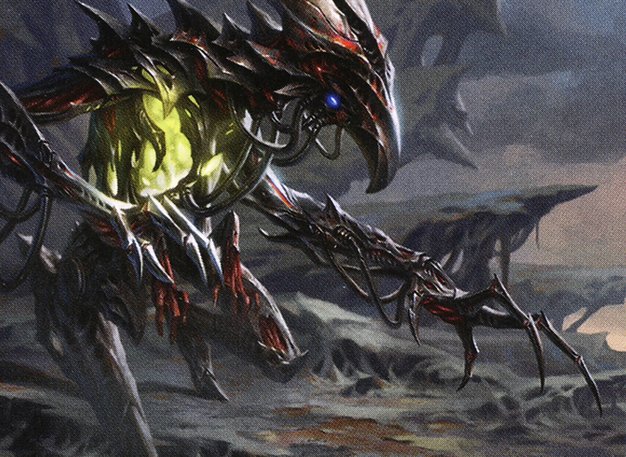
Brudiclad, Telchor Engineer
Uses polymorph effects and token creation to cheat large creatures into play and then copies or modifies those tokens with Brudiclad’s ability to generate overwhelming board presence and pressure opponents.
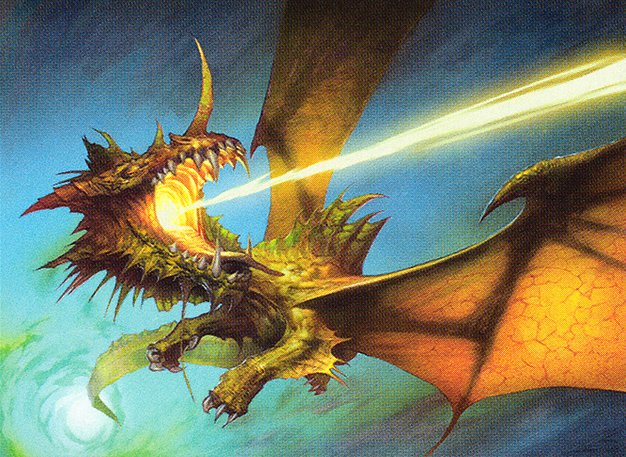
Scion of the Ur-Dragon
Focuses on ramping and casting powerful dragons, leveraging Scion's ability to find dragons from the deck and using Patriarch's Bidding to flood the board with dragon tokens for massive damage output.

Zurgo Helmsmasher
Aggressive combat-focused deck that equips Zurgo with various swords and equipment to maximize damage, relying on quick and consistent pressure with protection and utility creatures like Indomitable Archangel.

Chorus of the Conclave
Token and synergy-based deck that generates value through creatures like Beast Whisperer and Good-Fortune Unicorn, aiming to build a resilient board with card draw and incremental growth to outlast opponents.
Gameplay Insights
- 1
Mike's use of polymorph with Gelareh allowed him to cheat powerful creatures into play multiple times, which was critical for maintaining board presence and pressure.
- 2
Matt’s casting of Patriarch's Bidding on dragons dramatically increased his board state, enabling high-impact combat phases and significantly increasing threat density.
- 3
Trevor’s Wrath of God wiped the board right after a major swing in threats, forcing players to rebuild and shifting momentum.
- 4
The interaction between Murari's Wake and combat damage was pivotal, as a miscalculation led to Zurgo’s unexpected death, showing the importance of tracking buffs carefully.
- 5
Trevor’s late-game tutoring with Thalia's Lancers to fetch Gisela indicated a strategic pivot to closing the game with high-impact legendary creatures supported by powerful equipment.
- 6
Sean’s ability to recur Beast Whisperer with Sigil of the New Dawn after the board wipe allowed him to maintain card advantage and sustain his token strategy.
Notable Cards
-
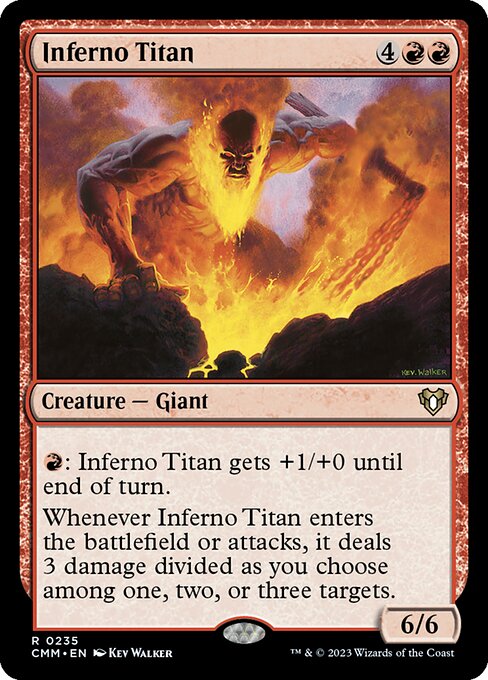
Inferno Titan
-
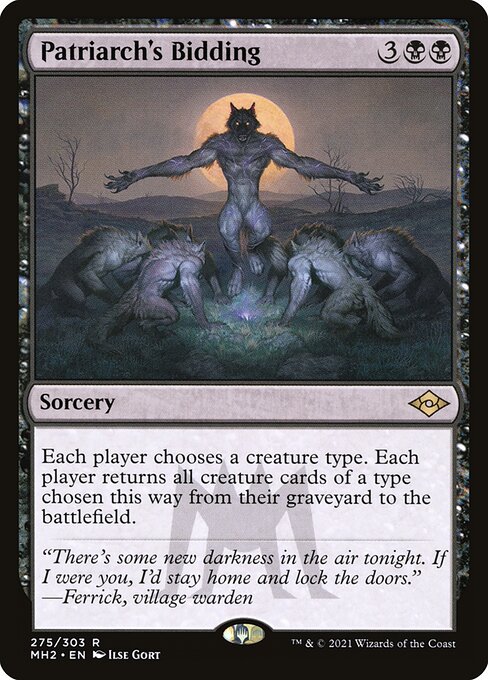
Patriarch's Bidding
-
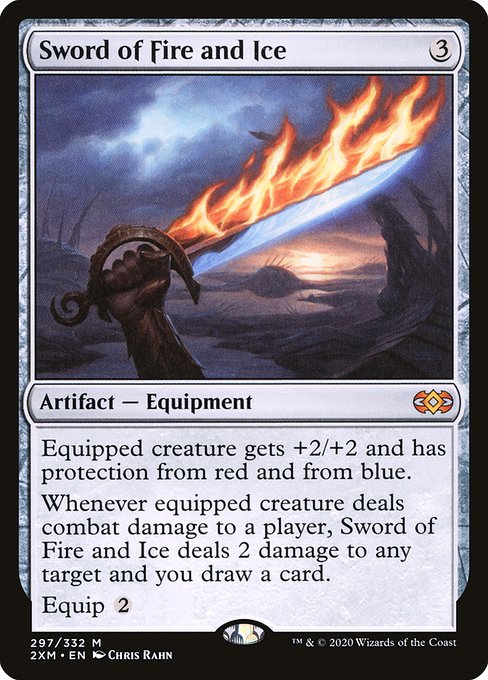
Sword of Fire and Ice
-
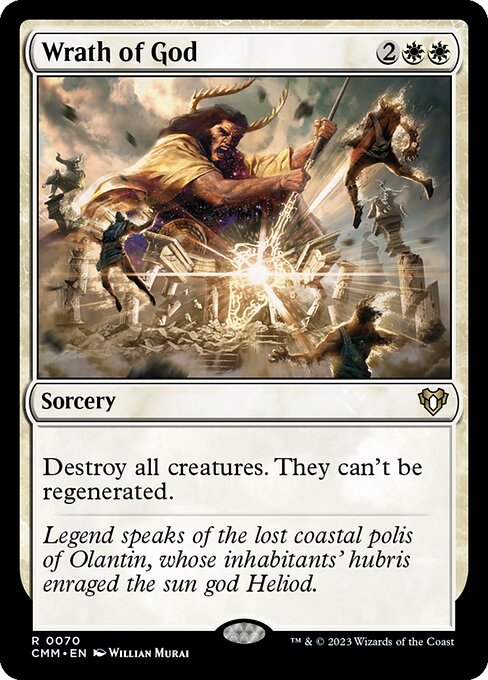
Wrath of God
-
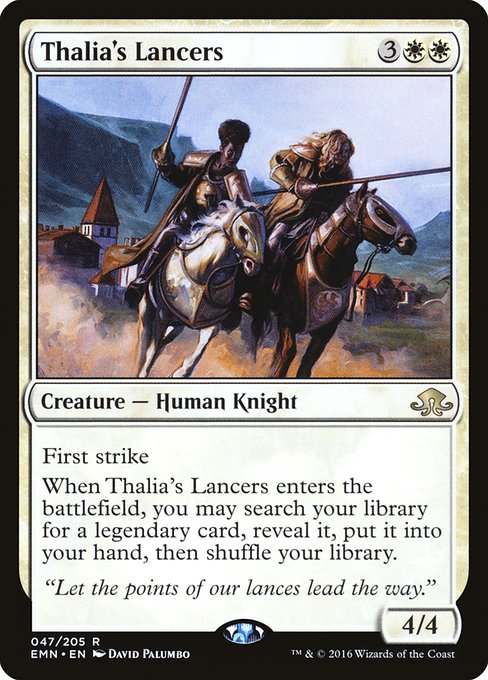
Thalia's Lancers
-
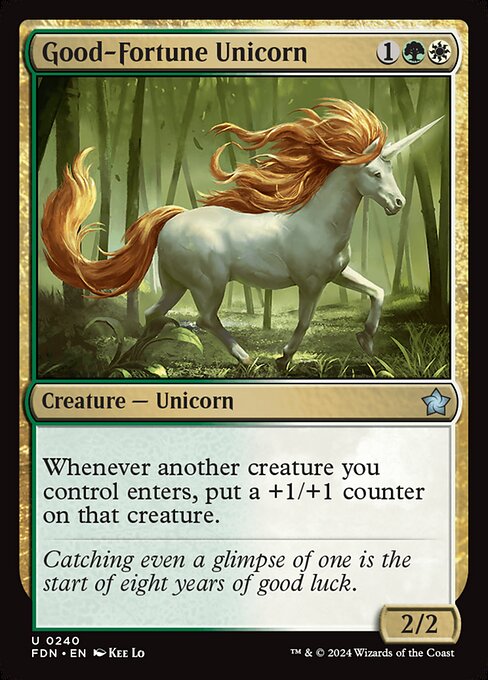
Good-Fortune Unicorn
-
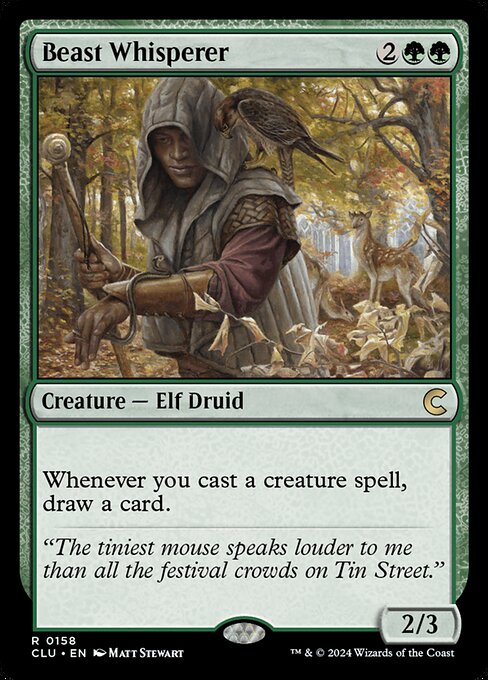
Beast Whisperer
-
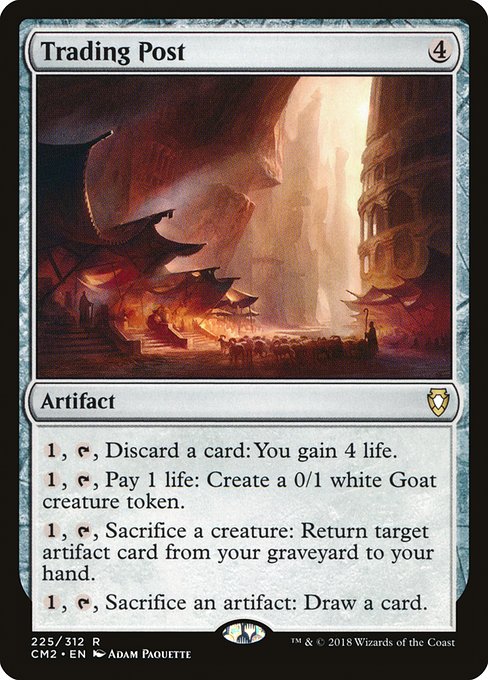
Trading Post
-
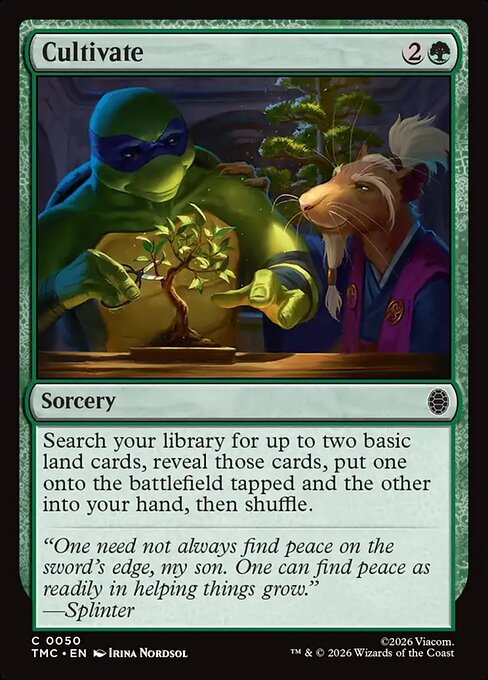
Cultivate
-
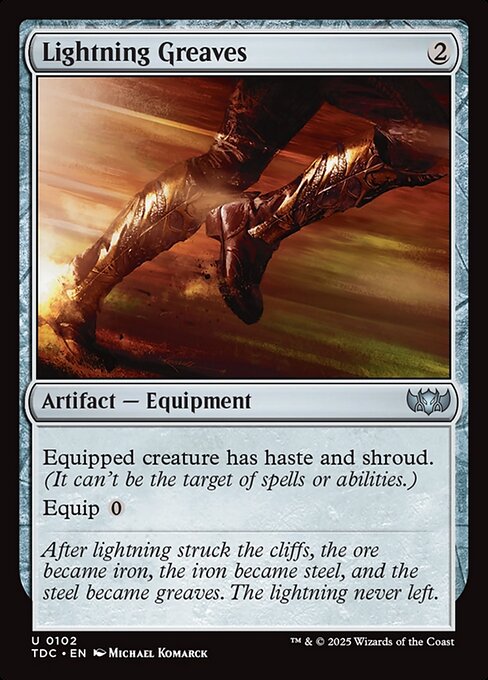
Lightning Greaves
-
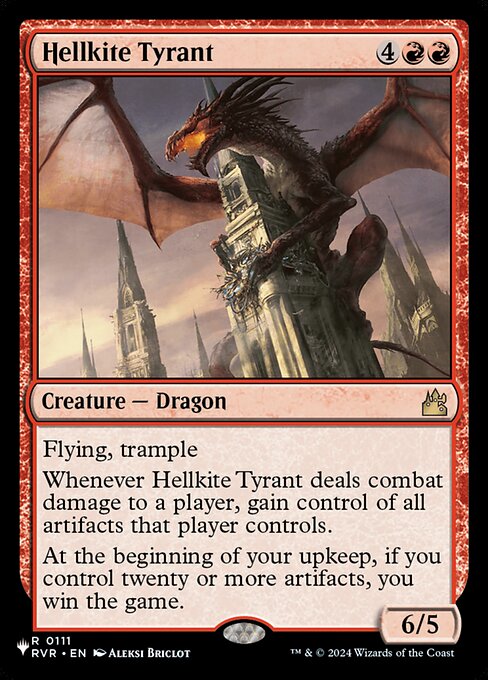
Hellkite Tyrant
-
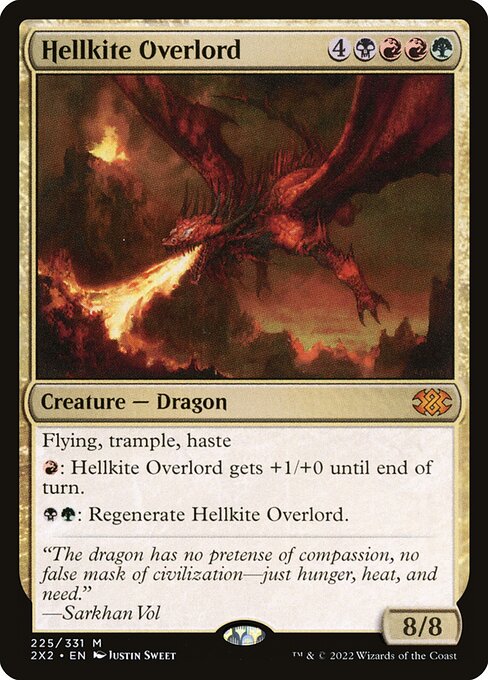
Hellkite Overlord
Gameplay Summary
The Commander game featured four players piloting varied decks centered around Brudiclad, Telchor Engineer; Scion of the Ur-Dragon; Zurgo Helmsmasher; and Chorus of the Conclave.
Early game development saw players establishing ramp and mana bases while casting key creatures and utility artifacts such as Soul Ring, Trading Post, and Cultivate.
Mike's Brudiclad deck leveraged polymorph effects via Gelareh to cheat in powerful threats like Inferno Titan and Angrist Marauders, applying pressure with tokens and big creatures.
Matt's Scion deck generated significant value through Dragon tribal synergies, casting multiple dragons and benefiting from Patriarch's Bidding to flood the board with dragon tokens, setting up for commanding damage swings.
Trevor's Zurgo deck focused on aggressive equipment and utility creatures such as Indomitable Archangel, using swords and Sword of Fire and Ice to control the board and maintain pressure.
Sean's Chorus deck utilized token generation and synergy cards like Beast Whisperer and Good-Fortune Unicorn to develop a resilient board presence, recovering quickly after board wipes. Mid-game pivotal moments included a Wrath of God wipe from Trevor that reset the board state, followed by Matt's use of Murari's Wake to amplify mana production and cast multiple dragons, increasing his offensive potential.
Mike's repeated polymorph plays allowed him to adapt threats on the fly, but an oversight with Murari's Wake pump led to Zurgo's death instead of the expected impact.
Combat phases were marked by aggressive attacks from Zurgo and Scion, dealing significant commander damage and shifting player life totals.
In the late game, Trevor's tutoring for legendary creatures with Thalia's Lancers and casting Gisela indicated a strong board presence aiming to close out the game.
The game showcased dynamic interactions among tribal synergies, polymorph combos, and equipment-based aggression, with players balancing board control and value generation in pursuit of their win conditions.




